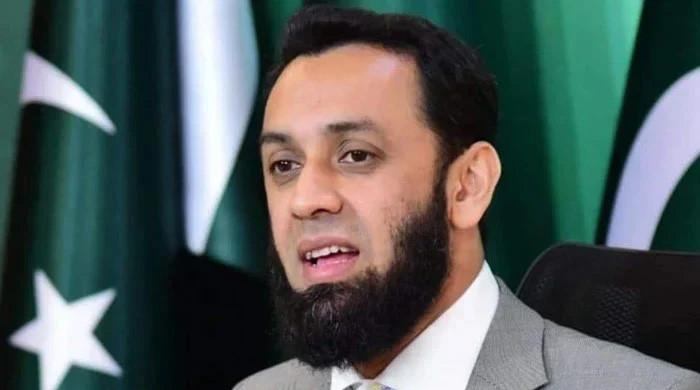- Tarar says Taliban regime is broken, can’t blame Pakistan.
- Common framework for involving third parties, notes the minister.
- The next round of Pak-Afghan talks will begin on November 6.
Information Minister Attaullah Tarar said on Sunday that responsibility now rests with Kabul to act against militants who use Afghan soil to launch attacks in Pakistan following the establishment of a joint monitoring and verification mechanism involving third parties.
His remarks came after Turkey’s foreign ministry issued a joint statement saying Islamabad and Kabul agreed to maintain the ceasefire, as well as decided to establish a monitoring and verification mechanism to ensure peace and punish any violators.
The understanding was reached during recent talks held in Istanbul from October 25 to 30 under the mediation of Turkey and Qatar, which concluded with both countries pledging continued cooperation for lasting peace and stability in the region.
Talking further Pakinomist News’ program “Naya Pakistan”, Tarar praised Turkiye and Qatar for facilitating the dialogue and reaffirmed that Pakistan’s civilian and military leadership are “on the same page” with full unity of thought and action.
He reiterated that Pakistan stands firm on its principled demands, including stopping terrorism, preventing cross-border attacks and respecting the sanctity of the border, adding that Afghan territory must not be used for attacks against Pakistan.
Tarar criticized the “propaganda warfare” waged by the Afghan Taliban regime, describing it as a divided administration that “does not control the whole of Afghanistan” and therefore cannot blame Pakistan for creating instability.
The minister said it is incumbent on Kabul to act against Fitna al-Khawarij and Fitna al-Hindustan operating from its territory.
Regarding the joint framework, he said finer operational details will be decided during the next round of talks between senior officials from both sides in Istanbul on November 6.
“This arrangement removes any justification for the Taliban administration to avoid taking action against militants,” he stressed, adding that they would receive punishment if they fail to act.
He added that the new framework will provide Islamabad with an additional platform to present evidence and intelligence regarding violations, which will strengthen Pakistan’s diplomatic and security position.
To a question regarding Afghanistan’s claim that Pakistan rejected Kabul’s offer to hand over terror suspects, Tarar questioned why the Taliban regime distorted the facts and complicated the situation after the talks.
He clarified that Islamabad has previously demanded that Kabul control or arrest any terrorist who poses a threat to Pakistan. He added that Islamabad immediately proposed that they be extradited through designated border crossings, in line with its long-standing position.
Tensions between Islamabad and Kabul
Pakistan has been grappling with rising terrorist incidents, particularly in Khyber Pakhtunkhwa (KP) and Balochistan, since the Afghan Taliban regime took power in 2021.
The government in Islamabad has repeatedly called on the Taliban regime to rein in terrorist groups responsible for countless attacks in Pakistan.
However, the Taliban regime remained largely indifferent to Pakistan’s demands and gave sanctuary to several terrorist groups targeting security forces and civilians.
Instead of addressing Pakistan’s concerns about cross-border terrorism, the Taliban regime resorted to unprovoked firing along the border on 12 October.
The Pakistani armed forces quickly retaliated, killing over 200 Taliban fighters and affiliated militants; however, as many as 23 Pakistani soldiers were martyred during the border clashes.
The security forces also carried out attacks inside Afghanistan, including in Kabul, destroying terrorist hideouts in the country.
Hostilities between forces of the two nations ceased after Pakistan accepted the Taliban regime’s request for a temporary ceasefire on 17 October.
Delegations from the two countries later met for talks brokered by Qatar in Doha, where they agreed on a ceasefire agreement.
Turkiye then hosted the second round of talks in Istanbul, which began on 25 October and continued until 31 October.
The two sides would meet again in the next round scheduled for November 6.



